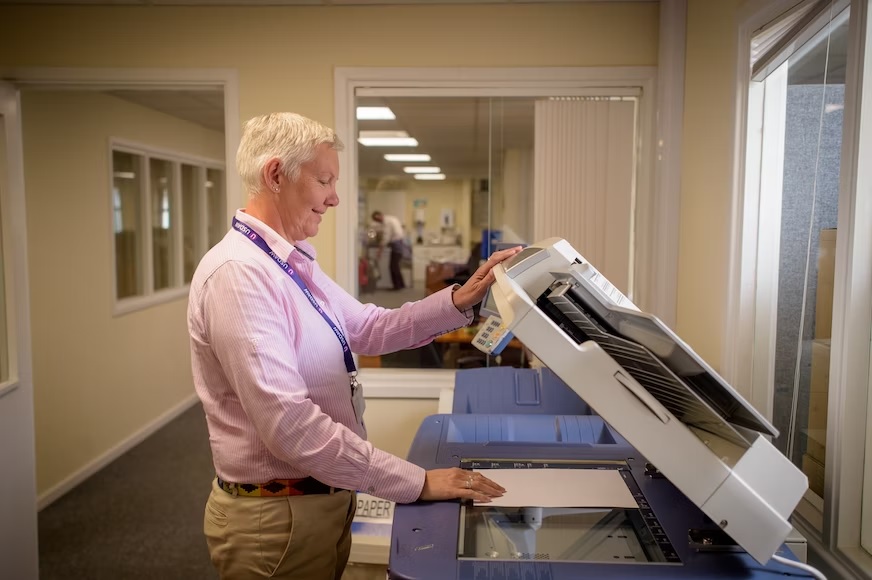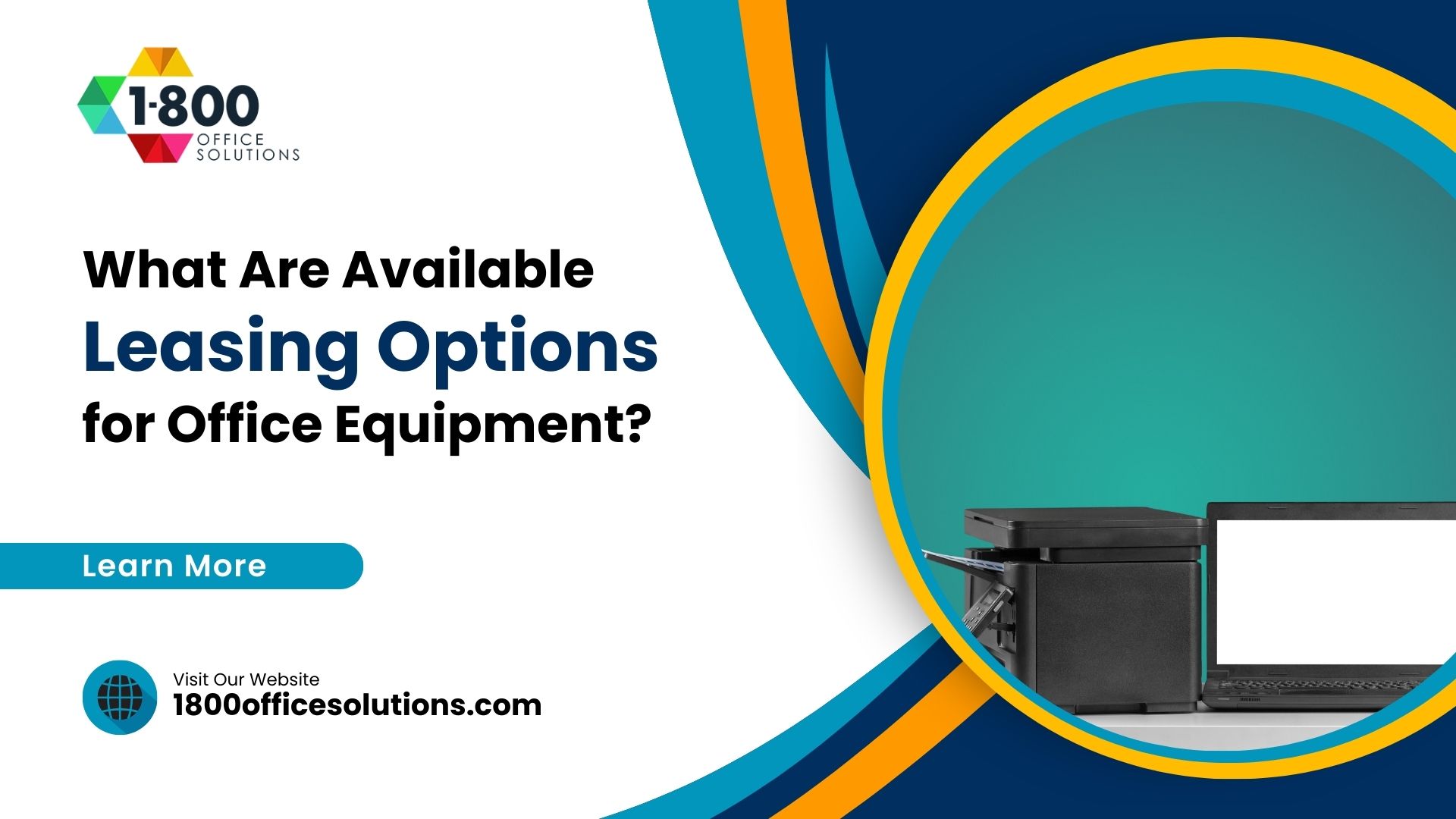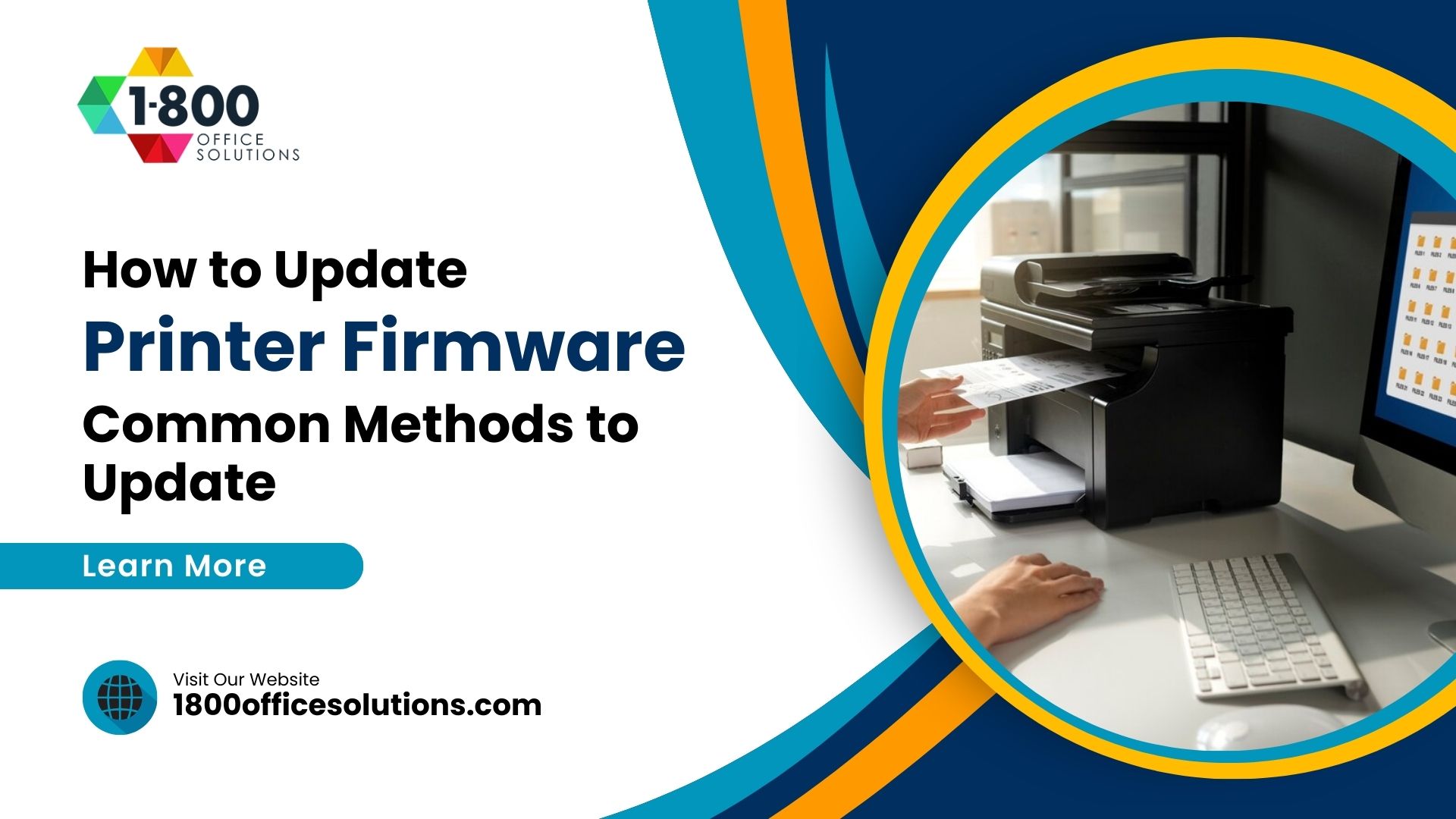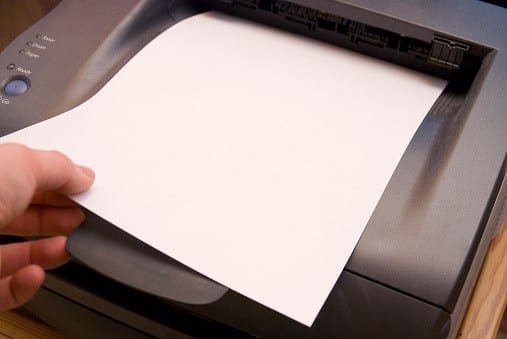Why Managed Print Service in Healthcare is a Game Changer
Managed Print Service in Healthcare
In the modern healthcare landscape, the role of technology cannot be understated. One such technological advancement that has been making waves is Managed Print Services (MPS). At its core, MPS is a service offered by external providers to optimize or manage a company’s document output. In healthcare, where documentation and paperwork are paramount, the significance of printing is immense.
Every patient’s record, prescription, and even administrative tasks require printing. Thus, the efficiency and management of this process directly impact patient care and operational efficiency.
The Silent Cost Center: Printing in Healthcare
It’s easy to overlook the costs associated with printing, especially in a bustling healthcare environment. However, unmanaged printing can lead to significant wastes and unnecessary expenses. Consider these statistics:
- A study revealed that a 1,500-bed hospital prints over 8 million pages each month, translating to roughly $3.8 million annually.
- Modern hospitals allocate a considerable portion of their yearly budget on printing, often due to inefficient or outdated printers, copiers, and multifunction devices.
These numbers underscore the need for a more streamlined and efficient approach to printing in healthcare.
What are Managed Print Services?
Managed Print Services (MPS) can be defined as services offered by external providers to manage or optimize a company’s document output. Here’s how MPS can transform the printing landscape in healthcare:
- Organize Printing Needs: MPS providers assess the current print environment and determine the most efficient way to organize printing across departments.
- Optimize Printing: By analyzing the current print fleet, MPS providers can recommend ways to consolidate devices, automate printing tasks, and streamline workflows.
- Increase Productivity: With a well-managed print environment, healthcare professionals can focus on patient care rather than dealing with printer-related issues.
The Financial Impact of MPS in Healthcare
The financial implications of Managed Print Services (MPS) in healthcare stretch far beyond mere cost savings. Delving deeper into the financial landscape, MPS offers a holistic print management strategy that addresses the entire printer fleet within an organization. This comprehensive approach ensures that every printer and copier is optimized for maximum efficiency.
One of the core components of a managed print services program is its ability to tailor solutions to an organization’s specific printing needs. This customization, often services offered by an external provider, ensures that printing equipment is used efficiently, reducing wasteful routines and unpredictable printing costs. By leveraging advanced management software, MPS providers can monitor device usage, automate the shipment of toner, and even identify underperforming machines, suggesting replacements with more efficient models.
From a productivity standpoint, the benefits are manifold. MPS solutions can automate a myriad of printing tasks, from fax and document management to invoice printing, ensuring reduced downtime and enhanced user satisfaction. A seamless integration of these solutions, coupled with digital transformation strategies like digitization, ensures that departments are laser-focused on their core responsibilities rather than grappling with print issues.
A shining example of the efficacy of MPS is UW Health, a regional hospital in Wisconsin. Their decision to adopt MPS led to a drastic reduction in their printing costs, with over 800 machines being eliminated from their fleet. This real-world example underscores the potential of MPS to revolutionize the financial landscape of healthcare institutions, making it an indispensable tool in the modern healthcare environment.
Ensuring HIPAA Compliant Patient Security with MPS
In healthcare, patient confidentiality and privacy are paramount. The Health Insurance Portability and Accountability Act (HIPAA) sets strict guidelines on how medical records should be stored, accessed, and shared. Here’s how MPS ensures compliance and security:
- Document Security: MPS solutions can protect printed files with passcodes, ensuring they’re inaccessible to unauthorized users.
- Compliance with HIPAA: With features like pull printing, documents only print when an authorized individual releases the print job, ensuring patient records are never left unattended.
- Network Security: MPS providers ensure that the entire printing network is secure, with regular updates and patches to protect against vulnerabilities.
Managed Print Services (MPS) is indeed a game-changer for healthcare. By streamlining printing processes, ensuring compliance, and reducing costs, MPS allows healthcare professionals to focus on what they do best: providing exceptional patient care.
Streamlining Medical Records with MPS
In the realm of healthcare, the management of patient records is paramount. With the rise of Managed Print Services (MPS), healthcare institutions can now seamlessly organize and manage these records. The printer fleet in a healthcare organization often handles specific printing tasks, such as patient prescriptions, medical reports, and administrative documents.
With an MPS program, these tasks are streamlined, ensuring that every printer in the organization’s arsenal works efficiently. Moreover, the print management software integrated into the MPS program can automate many of these tasks, reducing manual input and the chance of errors.
The managed print services program also offers document solutions tailored to the unique needs of healthcare institutions. For instance, a patient’s medical history, which might span multiple pages, can be consolidated and printed in a concise format. This not only saves on printing costs but also makes it easier for medical professionals to review and make informed decisions. Furthermore, with the digitization capabilities of MPS, physical records can be converted into digital formats, making storage, retrieval, and sharing more efficient.
Cost Savings and Efficiency with MPS
One of the primary reasons healthcare institutions are turning to MPS is the potential for significant cost savings. By identifying inefficient printing routines and implementing a comprehensive managed print services program, these institutions can drastically reduce their printing costs. For instance, MPS providers can analyze the usage patterns of every printer and copier in the organization, suggesting fleet consolidation methods or replacements with more efficient devices.
Moreover, the managed print services provider can offer insights into the consumable usage, like toner, and automate the shipment of replacements, ensuring minimal downtime. This proactive approach not only reduces costs but also enhances productivity, as departments are no longer bogged down by print issues or equipment downtime.
Enhancing Information Security in Healthcare
Information security in healthcare is not just about protecting digital data but also ensuring that printed material is secure. MPS plays a critical role in this aspect. By integrating data protection measures and management software, MPS solutions ensure that patient records are stored securely and are accessible only to authorized personnel.
Furthermore, MPS solutions are compliant with various regulations, including HIPAA. This compliance ensures that patient records, whether printed or digital, are handled with the utmost care and confidentiality. The digital transformation brought about by MPS also means that records are backed up and can be retrieved even in case of physical damage to printed copies.
Another layer of security offered by an external provider is the monitoring of device usage. This means that any unauthorized access or printing can be immediately detected and addressed. From a data protection standpoint, this is invaluable, especially when dealing with sensitive patient information.
What People Also Ask
How does MPS ensure HIPAA compliance?
MPS solutions are designed with compliance in mind. They integrate data protection measures and ensure that patient records, both printed and digital, adhere to HIPAA regulations. This includes secure storage, restricted access, and regular audits to ensure ongoing compliance.
What are the cost savings associated with MPS?
MPS can lead to significant cost savings by identifying and rectifying inefficient printing routines, automating consumable shipments like toner, and suggesting fleet consolidation or replacement with more efficient devices. Additionally, the reduction in equipment downtime and the streamlining of workflows further add to the savings.
How does MPS enhance the security of patient records?
MPS enhances security by integrating data protection measures, monitoring device usage, and ensuring compliance with regulations like HIPAA. This ensures that patient records are stored securely, are accessible only to authorized personnel, and any unauthorized access is immediately detected.
Conclusion
The future of Managed Print Services (MPS) in healthcare is not just promising; it’s transformative. As healthcare institutions grapple with the ever-increasing volume of data, the print management of this data becomes crucial. The printer fleet within these organizations, encompassing every printer and copier, plays a pivotal role in addressing the organization’s printing needs. With the integration of a comprehensive managed print services program, healthcare facilities can significantly reduce printing costs, streamline document solutions, and enhance user’s satisfaction.
MPS providers, often services offered by an external provider, bring to the table a suite of solutions tailored to the unique aspects of your business printing. From Xerox to other major players in the managed services sector, the focus is on creating a seamless print program that addresses everything from fax and document management to invoice printing and analytics. The goal is to optimize every aspect of business printing devices, from toner management to addressing print issues promptly.
With the digital transformation wave, MPS also emphasizes the digitization of documents, ensuring that the organization’s printing needs align with employee work requirements. This transformation is not just about managing consumables or ensuring uptime but also about improving workflow and maximizing device usage. By leveraging management software, MPS providers can monitor devices, automate shipment of toner, and even identify which machines are underperforming, suggesting replacements with more efficient devices.
From a productivity standpoint, the time is wasted in managing print-related issues, unpredictable printing costs, and equipment downtime caused by ad hoc problems can be significantly reduced. MPS ensures a holistic approach to device management, reducing surprise maintenance, and ensuring that the organization benefits from the most efficient devices available. In essence, MPS is not just a service; it’s a strategic approach to transform and elevate the printing landscape in healthcare, ensuring that the focus remains on patient care and not on print-related challenges.












